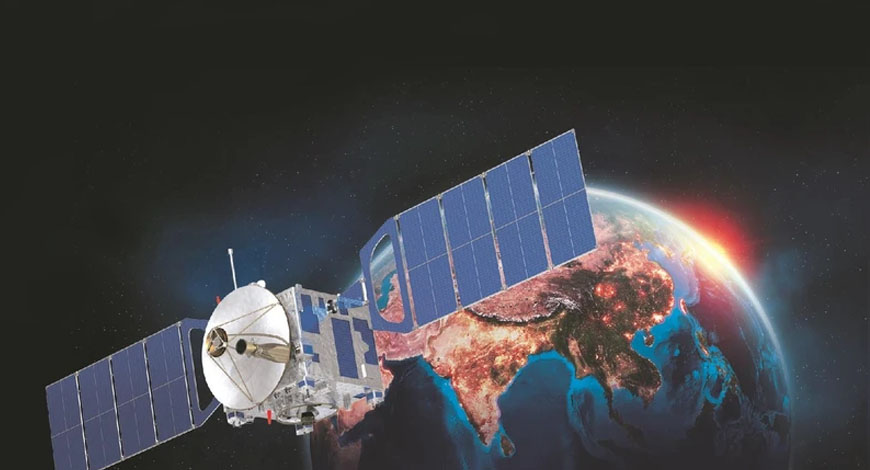The Indian government is reportedly planning to increase the fees satellite internet companies pay for spectrum use. The Department of Telecommunications (DoT) is expected to recommend that satellite operators pay 5 per cent of their adjusted gross revenue (AGR), up from the 4 per cent suggested earlier by the Telecom Regulatory Authority of India (TRAI).
If approved by the Cabinet, this could affect both global players like Elon Musk’s Starlink and Amazon Kuiper, as well as domestic satellite ventures.
The DoT will send its revised proposal back to TRAI for review before forwarding final recommendations to the Cabinet. TRAI had earlier suggested a 4 per cent AGR fee and an additional ₹500 per urban customer per year to encourage satellite firms to expand services in rural areas. However, DoT reportedly rejected the extra charge, citing practical challenges in implementing and monitoring a fee based on rural-urban distinctions, the news report said.
An official said that implementing, verifying and auditing a fixed ₹500 fee based on rural or urban areas would be difficult, so a flat charge of 5 per cent of AGR for satellite communication services might be a better option.
Revenue potential drives higher charges
The DoT believes that as satellite internet services expand to retail consumers, the sector’s revenue potential will rise substantially, justifying a higher fee. Currently, only geostationary orbit (GSO)-based operators like Hughes and Nelco are allowed to provide services in India, primarily targeting enterprise clients, with spectrum fees ranging between 3-4 per cent of AGR.
Non-GSO operators, such as Starlink, Amazon Kuiper, Eutelsat OneWeb, and Bharti-backed Jio Satellite, are preparing to offer broadband-from-space services directly to consumers. Officials said that this move will significantly expand the market and revenue opportunities, the news report said.
India’s space economy is projected to reach $44 billion by 2033, representing about 8 per cent of the global market, according to IN-SPACe. Currently, the country’s annual satcom revenue opportunity stands around $1 billion.
Permits and spectrum allocation
Several operators, including Starlink, Eutelsat OneWeb and Jio Satellite, have received permits to launch services in India, but spectrum allocation will only occur once pricing is finalised. Amazon Kuiper is still awaiting approvals. The spectrum for both GSO and non-GSO operators will be allocated administratively, in line with the Telecommunications Act.
No subsidy from Digital Bharat Nidhi
TRAI had recommended using the Digital Bharat Nidhi (DBN), formerly the USO fund, to subsidise satellite terminals costing ₹20,000 to ₹50,000 to boost adoption. The DoT, however, rejected this, saying that the DBN lacks a mechanism to disburse subsidies directly. Officials added that the DoT is otherwise aligned with most of TRAI’s proposals after discussions between the two agencies. Only the spectrum pricing and DBN subsidy issues are being sent back for reconsideration, The Economic Times reported.
Final steps before approval
Once TRAI responds to the DoT’s reference, the department will finalise pricing and other allocation rules for satellite operators. DoT is close to setting rules that will govern administrative spectrum allocation, providing clarity to both domestic and international satcom players, the news report said. Business Standard

